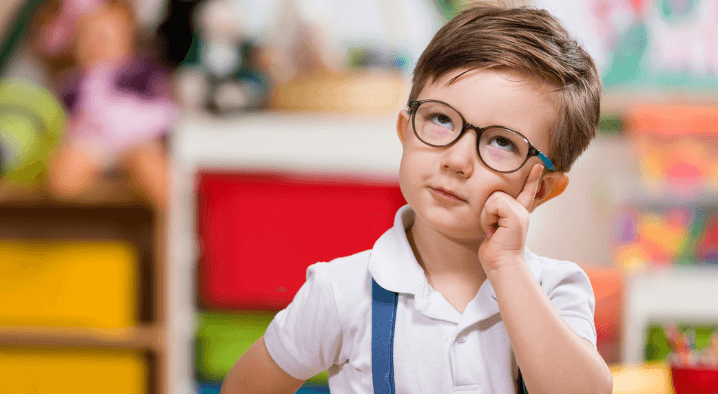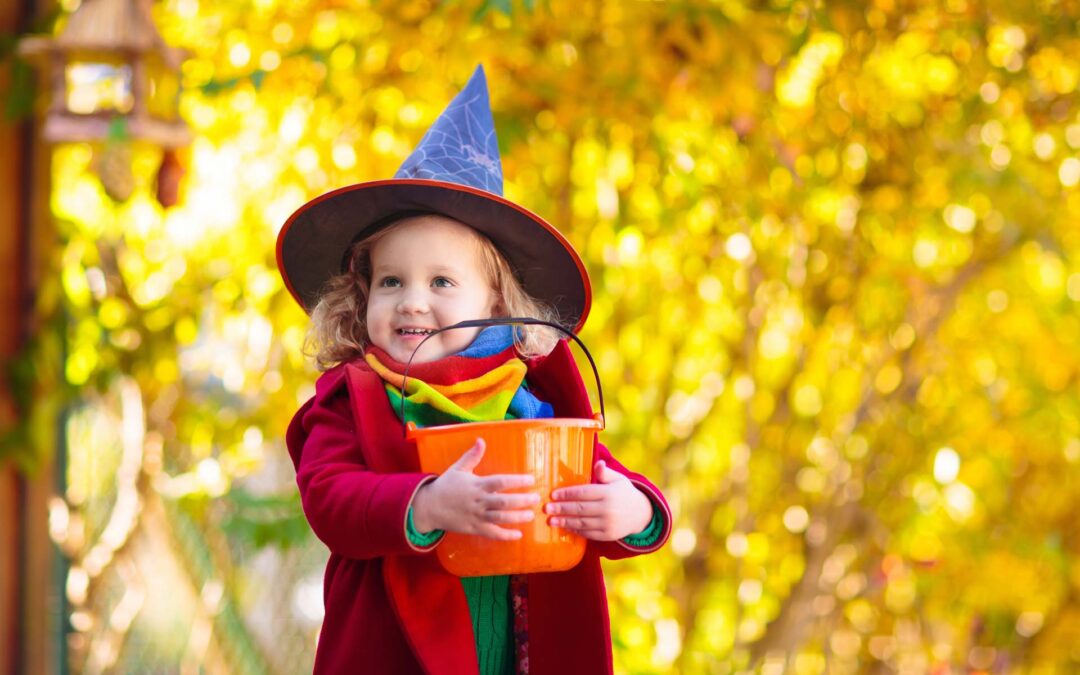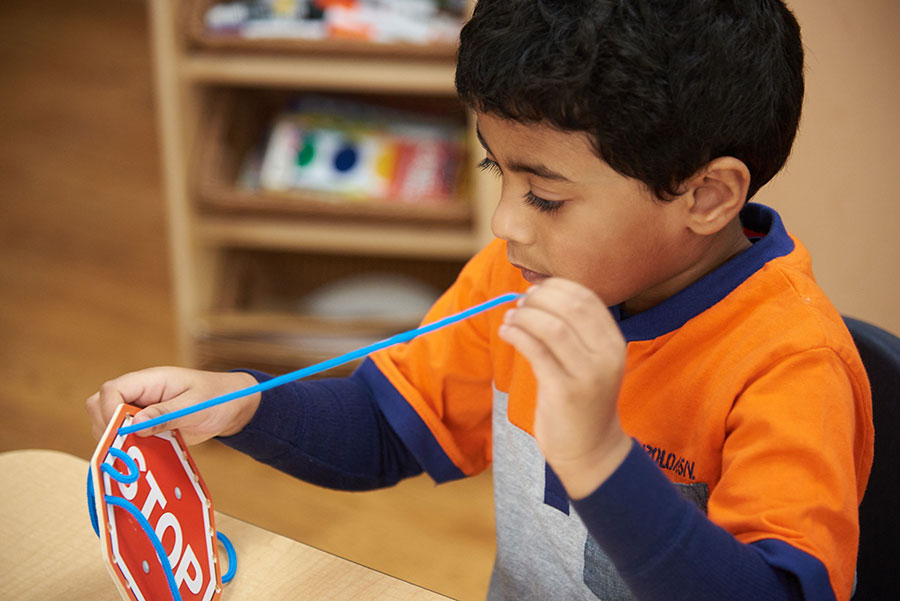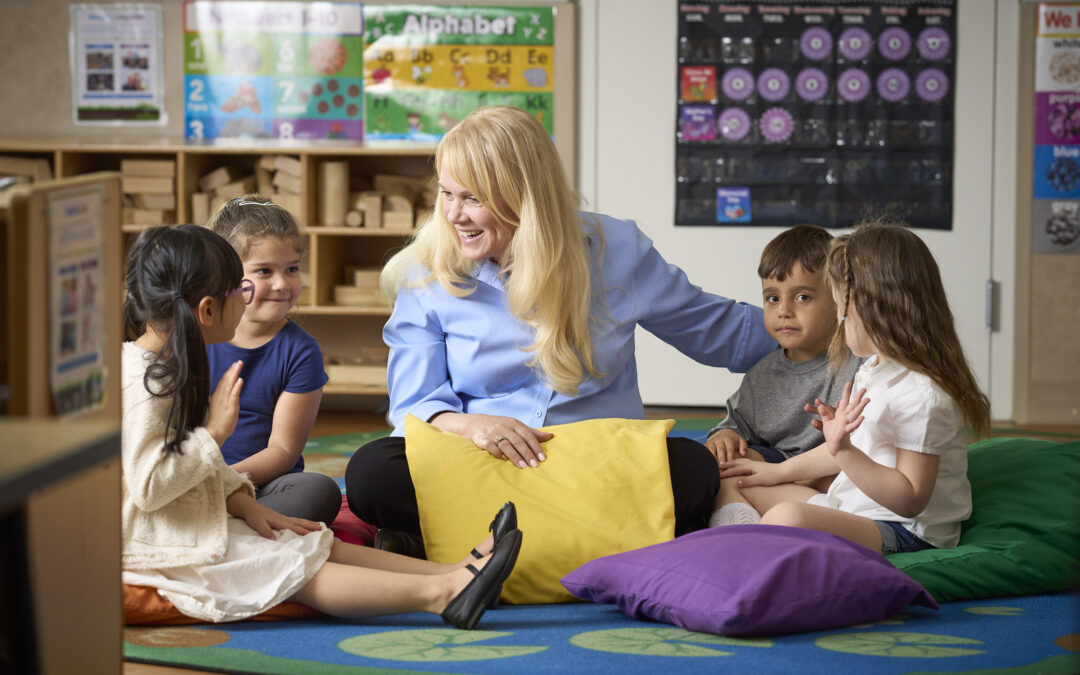This is the question that weighs on every preschool parent’s mind in June!
Preschool curriculum has definitely changed over the years in order to prepare children for the rigors of Kindergarten. Standardized testing now begins in second and third grades, mandating that Kindergarten becomes more academic in nature. Many parents struggle to understand what their child is expected to “know” before they enter Kindergarten. However, there are other areas of development that are important to consider in order for children to easily transition into a larger student environment and be able to thrive academically. In particular, social and emotional development often has a major impact on a child’s ability to succeed in Kindergarten. Your child’s maturity, self-esteem, independence skills, and understanding of how to positively interact in a group learning environment are important keys to their success.
- Here are some important questions for any parent to consider. Is your child:
- Able to play well in a group setting, such as while in child care?
- Completely potty trained?
- Able to tie their shoe or zip their own jacket?
- Able to sit, listen, and follow directions?
- Still taking long naps?
While many of these areas are emerging and may not be fully mastered, they can impact a child’s ability to learn academically. Parents who are concerned about their child’s developmental progress should always consult their pediatrician first to rule out anything that may be compounding their ability to progress.
However, the parents who struggle the most with these questions are often the ones with children who “just miss” or “just make” the cut-off date. They often ask, “Does turning 5 years old mean that my child is automatically ready?” “Will my child feel overwhelmed in a larger class size?”
It is important to recognize the difference between a child’s chronological age and his or her social and emotional development. It can make all the difference in their self-esteem, desire to learn, and setting the proper foundation for their elementary school years. Considering all of these important developmental areas will help you to understand your child’s readiness, build their confidence and put them on a path to success.






